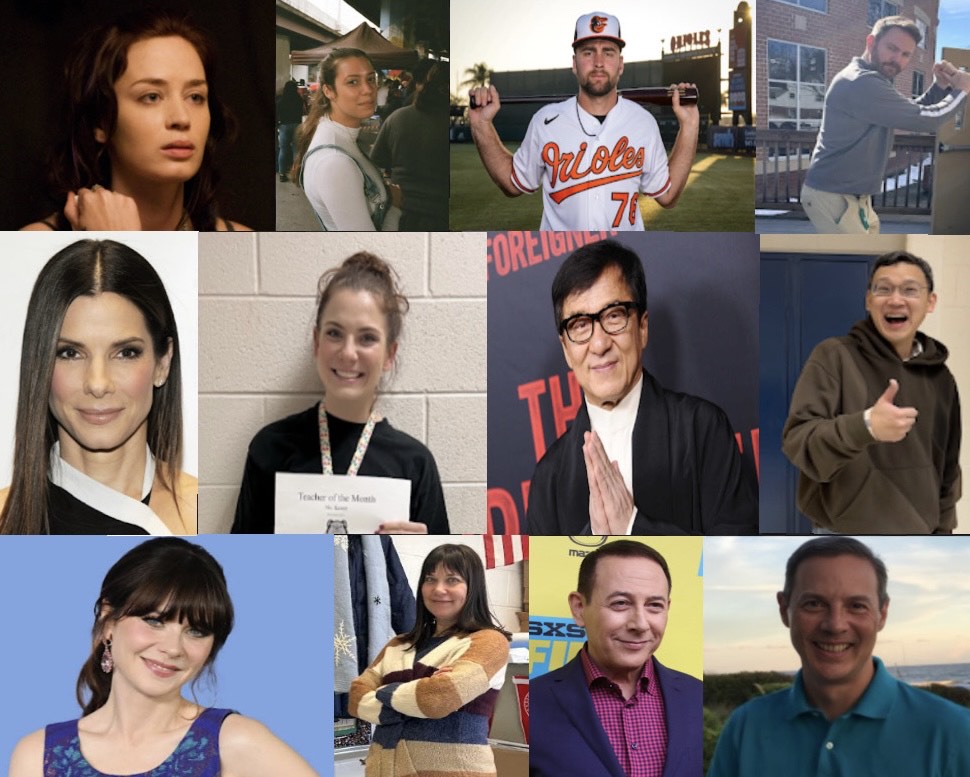It is 3 a.m., and you just sent your friend a text message without knowing it.
According to the Ohio Sleep Medicine Institute, sleep texting is when someone texts while sleeping, most likely during the non-rapid eye movement cycle. Sleep texting could be considered a parasomnia, an abnormal or
unwanted sleep behavior like sleep talking or sleepwalking. However, it is not officially categorized yet.
“I believe that this is a problem that we will see more of as we are living in a 24/7 society and many are sleep restricted,” said Dr. Helene Emsellem who works for the Center for Sleep and Wake Disorders in Chevy Chase,
MD. “This, in combination with our unhealthy dependence on being connected, sets us up for increased probability of using our phones to send messages when we are half awake and half asleep.”
Dr. Marcus Schmidt, sleep expert at Ohio Sleep Medicine Institute, has also seen more cases of sleep texting. According to a Nov. 16 MSNBC article, Schmidt observed that four out of five kids who have a cell phone will
sleep with their phone in their bedroom next to their bed. Only one in ten will actually turn the cell phone off.
“I think kids are texting since that is now a major form of communication, and many sleep with their phones
charging and on at their bedsides,” Emsellem said.
Some students will shut off their phones and leave them downstairs, but sophomore Breanna Boggan chooses to
keep her phone on and close to her.
“I keep it on and plug it in to the outlet right by my bed,” Boggan said. “I have my alarm
on [my phone] so it wakes me up in the morning.”
According to the MSNBC article, being deprived of sleep can lead to uncommon sleep behaviors, including reaching for one’s phone when it goes off. In addition to more people giving up landlines and only using
cell phones, sleep texting may become more common.
“The average teenager is severely sleep restricted, needing 8.5 to 9.25 hours of sleep per night and often getting
seven hours or less per night,” Emsellem said. “Having the phone available so that texting behavior can occur is yet another factor interfering with sleep.”
It can be humiliating for someone to text something accidently, but it is even worse when he or she doesn’t even
know he or she is doing it.
“Unfortunately, not being fully awake when you engage in this behavior can lead to bizarre messages and a fair probability that you may say something inappropriate to someone and not have the ‘superego’ available
that we have during wakefulness to monitor what we do and stop us from embarrassing ourselves,” Emsellem said.
Some, like Dr. Peter Robbins a child, adolescent and adult psychiatrist in Fairfax, VA, argue that sleep texting will
never be a huge problem because it will happen to only a minority of people.
“I think that the likelihood of this happening is only in a setting where parents are afraid to set limits with their children about cell phone access,” Robbins said.







